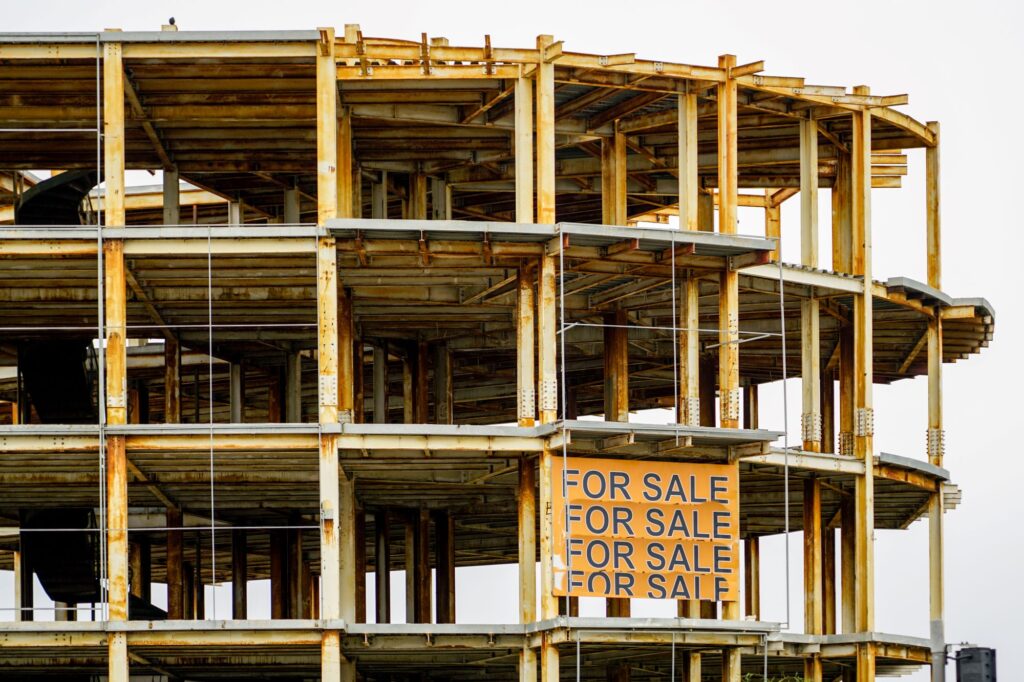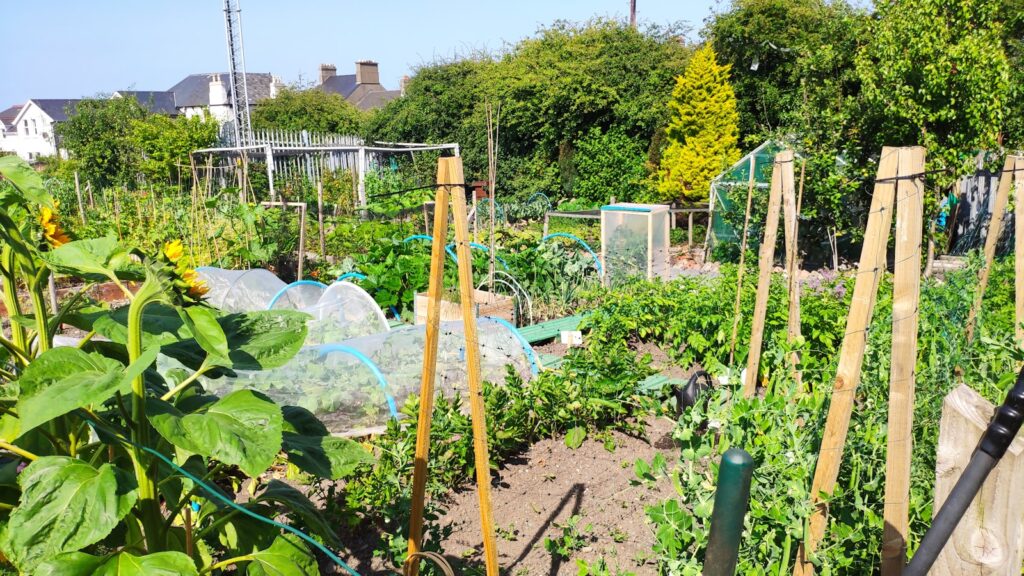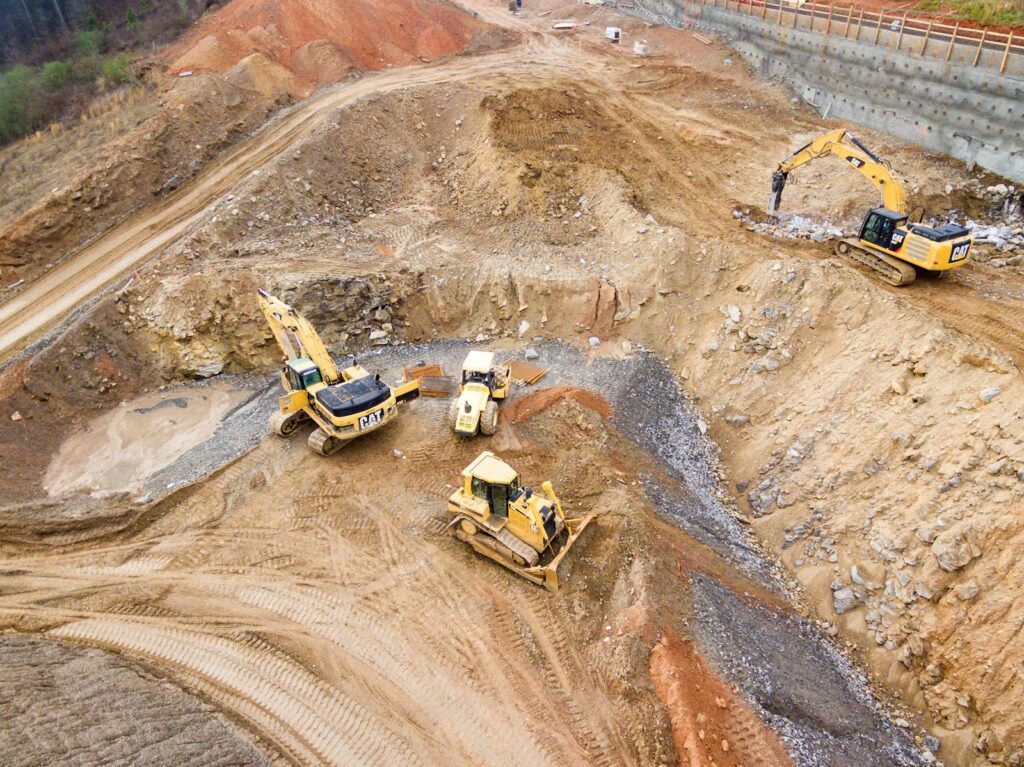The Greens have become the third group to launch their plans for government ahead of the General Election. In this article, we look at how well their housing policies have been received.
This afternoon the Green Party launched their manifesto titled ‘Real Hope, Real Change’ which outlined their plans for the next government should they be successful in July’s election. The launch event, which took place in Brighton and Hove as that is where the majority of voters are situated, was opened by the party’s Brighton Pavilion candidate Siân Berry, who noted that the current housing crisis would be one of the first things on the Greens agenda to tackle should they be elected.
Ms Berry claimed that she has always been a renter, ‘at the mercy of a system that can turn on me at any moment’.
In a bid to try and tackle the housing crisis, the Greens have pledged that they will create more social rent homes by taking some from the private sector. Likewise, the party plan on upgrading existing social properties by providing better insulation so they stay warmer for longer, introducing rent controls, and letting councils requisition empty properties or those without proper insulation.
As well as ensuring people have a safe place to call home, these properties will also benefit the environment. The party have claimed any new homes will have access to sufficient local infrastructure and will be sustainably constructed.
With these pledges in mind, below are some reactions from industry experts who have also touched upon other priorities the Greens outlined at their manifesto launch today.
Jane Crichton, Associate Director, Lanpro Services:
‘We don’t traditionally see the Greens as the party with the largest housebuilding targets. And yet this is all-but implied in the manifesto: assuming that most new social homes come from the private sector and that a typical housing development provides 30% affordable / social housing, to provide 150,000 new homes as the Greens pledge would require at least 450,000 new homes to be built each year – considerably exceeding the housing delivery targets set by any other political party.
‘Other notable omissions are measures to support greater delivery rates of other forms of housing – including much needed private housing – and targets for doing so.
‘The manifesto contains a proposal that all new homes are built to Passivhaus standard, which of course we welcome in its objective to reduce carbon emissions. But due to the costs and skilled workforce required, this is probably unrealistic as it would impose an enormous burden on the development industry, and significantly slow delivery, without some well-planned measures to support the transition.
‘There are very ambitious and welcome targets for the construction of grid-scale renewable energy schemes. 100GW of solar over 10 years represents around 10-20 NSIPs per year, which is a significant step up from current rates. Explicit support for onshore wind and grid infrastructure bodes well for discussions with local councils where the Green party is in administration.’
Anne Jennings, Associate Director of Landscape Architecture, Lanpro:
‘Those who care about nature recovery and ecology have waited eagerly for the Green Party’s manifesto to be published, and today is the day! Unfortunately, there is little flesh on the bones within the initial manifesto pledges failing to explain how its admirable protection measures will be funded or implemented, specifically in relation to a new Rights of Nature Act, an end to the sewage scandal, a new English Right to Roam Act and the 30% set-aside of our land and seas by 2030.
‘Great applause for aiming high – but hopefully this is just a attention-grabber, and more detail will soon be available to assess the detail beneath the headlines.’
Lawrence Turner, Director, Boyer:
‘The Green Party’s manifesto for housing affordability and sustainability presents a bold vision for a more environmentally friendly and affordable housing market in the UK. Their slogan ‘Right Homes, Right Place, Right Price’ outlines their commitment to addressing the pressing issues of housing affordability and sustainability.
‘One of the key policies outlined in the Green’s manifesto is the requirement for local authorities to plan for small-scale developments within local communities. This approach aims to integrate new housing into existing communities rather than planning for the creation of new towns, urban extensions, or any strategic development. Additionally, the Party wants all new homes to meet Passivhaus or equivalent standards, promoting energy efficiency and reducing carbon emissions. By providing 150,000 new affordable homes each year and implementing measures like a community right to buy for local authorities, the Green Party believe this will make a significant difference in improving affordability in the housing sector.
‘However, a notable omission in the manifesto is the absence of details on how exactly 150,000 social / affordable homes would be delivered each year. The strategy of piecemeal development across local areas would pose challenges in planning and delivering the necessary infrastructure to support housing growth. Additionally, a sporadic approach to housing development, will make the delivery of the targeted number of affordable homes impossible to achieve, especially when considering the need for developments on greenfield sites as well as urban land.
‘The overarching theme is the Green Party’s commitment to transitioning to a zero-carbon society. By investing in renewable energy sources like onshore and offshore wind and promoting community ownership of energy sources, the Greens aim to decentralise power generation and reduce the UK’s reliance on fossil fuels. Empowering communities to control their energy supply would be an important step forward to achieving sustainability and reducing carbon emissions.
‘In conclusion, while the Green Party’s manifesto for housing affordability and sustainability presents ambitious goals, it remains undeliverable – and lacks any details on how these goals will be effectively achieved. Addressing the challenges of planning and delivering the necessary infrastructure for housing growth, as well as providing more clarity on the strategies for achieving affordable housing targets, will be crucial for the Green Party to gain support and credibility in their mission for a more sustainable and affordable housing market in the UK.’
Images: Nik and Redd F

















Leave a Reply